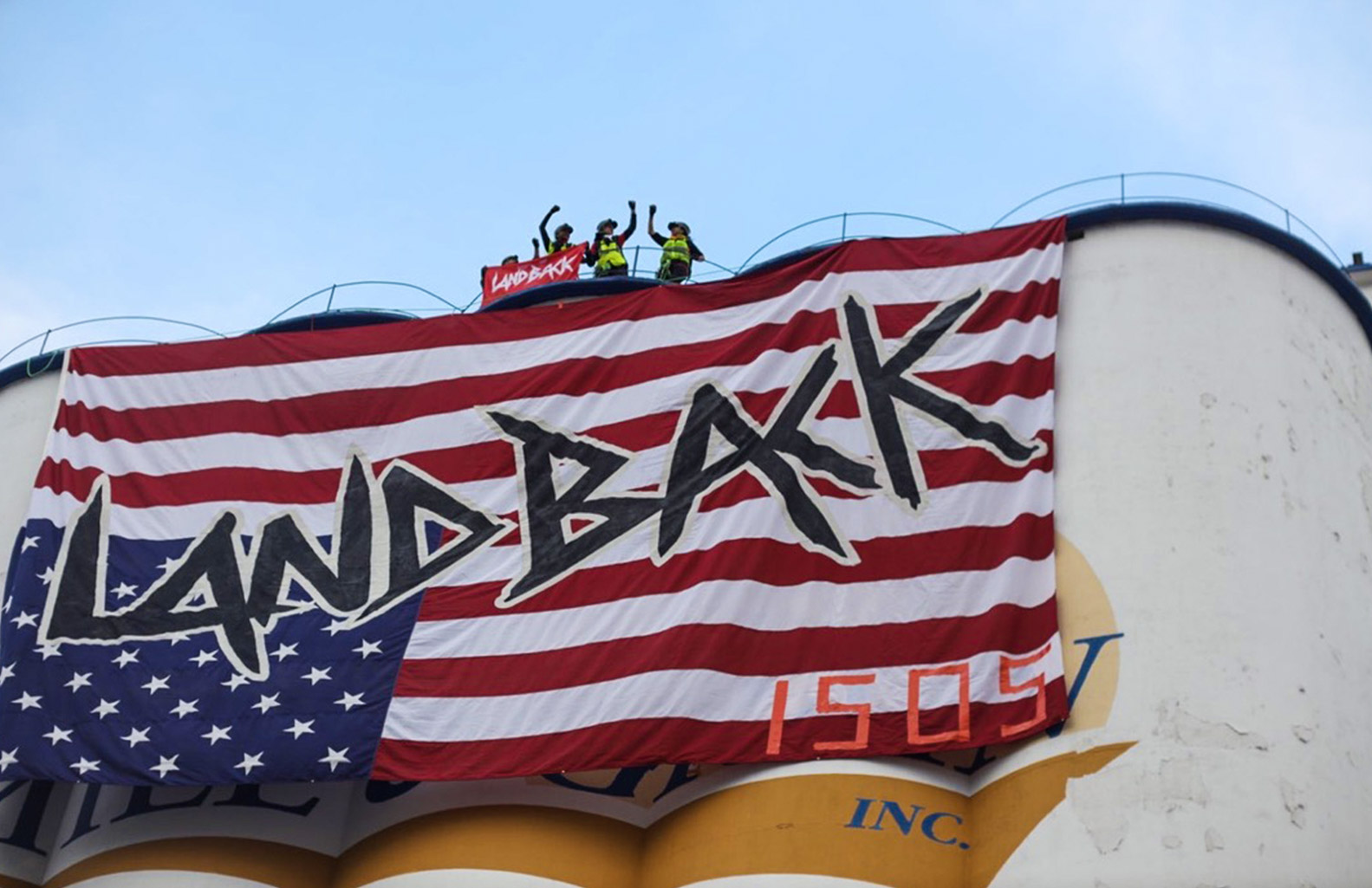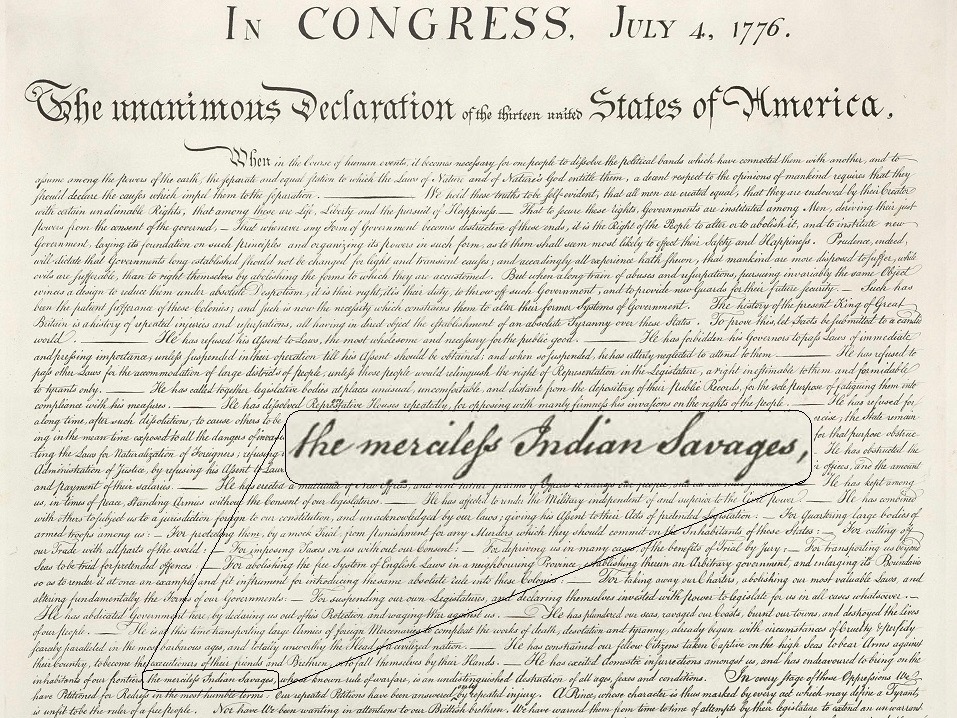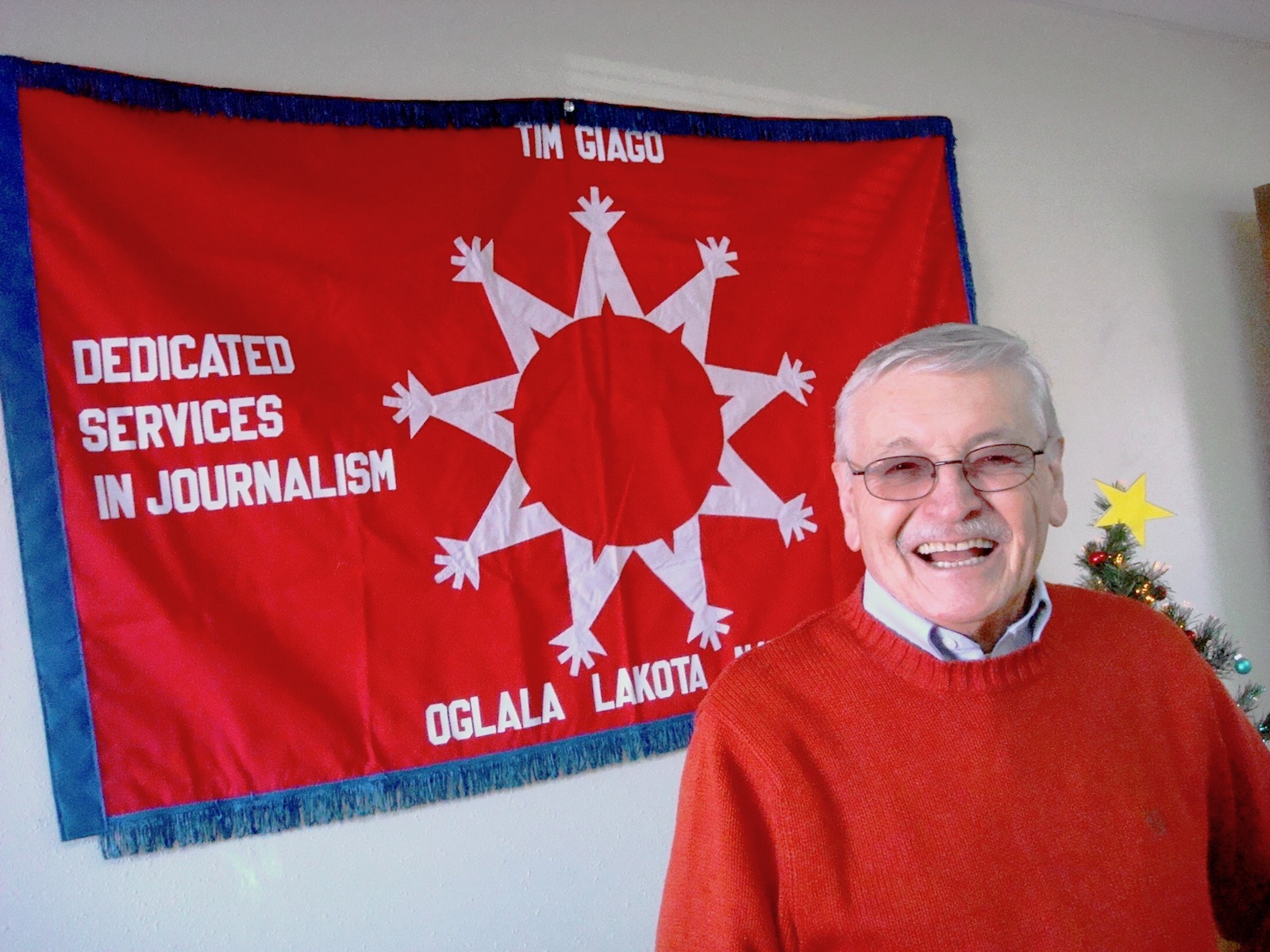Indianz.Com > News > Tim Giago: The day Native people lost our independence

Notes from Indian Country
There were no Natives invited to sign the Declaration of Independence
Tuesday, July 6, 2021
“When in the Course of human events, it becomes necessary for one people to dissolve the political bands which have connected them with another, and to assume among the powers of the earth, the separate and equal station to which the Laws of Nature and of Nature’s God entitle them, a decent respect to the opinions of mankind requires that they should declare the causes which impel them to the separation.”
Thus began the prologue to the Declaration of Independence on July 4, 1776. The halls of Congress were filled with white men declaring their independence from England.
There were no Native Americans seated at the table that day. Indigenous people were not beholden to England back then. They had their own independent forms of government that was not tied to a foreign power.


Contact Tim Giago at najournalist1@gmail.com
Search
Filed Under
Tags
More Headlines
Chuck Hoskin: Cherokee Nation helps heal our communities
Native America Calling: Native skin cancer study prompts new concerns about risk
South Dakota Searchlight: Trump terminations hit Indian Arts and Crafts Board
Native America Calling: Regional improvement in suicide statistics is hopeful sign
List of Indian Country leases marked for termination by DOGE
‘Let’s get ’em all done’: Senate committee moves quickly on Indian Country legislation
AUDIO: Senate Committee on Indian Affairs Business Meeting to consider several bills
VIDEO: Senate Committee on Indian Affairs Business Meeting to consider several bills
Native America Calling: The ongoing push for MMIP action and awareness
‘Blindsided’: Indian Country takes another hit in government efficiency push
Native America Calling: A new wave of resistance against Trans Native relatives
Urban Indian health leaders attend President Trump’s first address to Congress
‘Mr. Secretary, Why are you silent?’: Interior Department cuts impact Indian Country
Cronkite News: Two Spirit Powwow brings community together for celebration
Native America Calling: Native shows and Native content to watch
More Headlines
Native America Calling: Native skin cancer study prompts new concerns about risk
South Dakota Searchlight: Trump terminations hit Indian Arts and Crafts Board
Native America Calling: Regional improvement in suicide statistics is hopeful sign
List of Indian Country leases marked for termination by DOGE
‘Let’s get ’em all done’: Senate committee moves quickly on Indian Country legislation
AUDIO: Senate Committee on Indian Affairs Business Meeting to consider several bills
VIDEO: Senate Committee on Indian Affairs Business Meeting to consider several bills
Native America Calling: The ongoing push for MMIP action and awareness
‘Blindsided’: Indian Country takes another hit in government efficiency push
Native America Calling: A new wave of resistance against Trans Native relatives
Urban Indian health leaders attend President Trump’s first address to Congress
‘Mr. Secretary, Why are you silent?’: Interior Department cuts impact Indian Country
Cronkite News: Two Spirit Powwow brings community together for celebration
Native America Calling: Native shows and Native content to watch
More Headlines